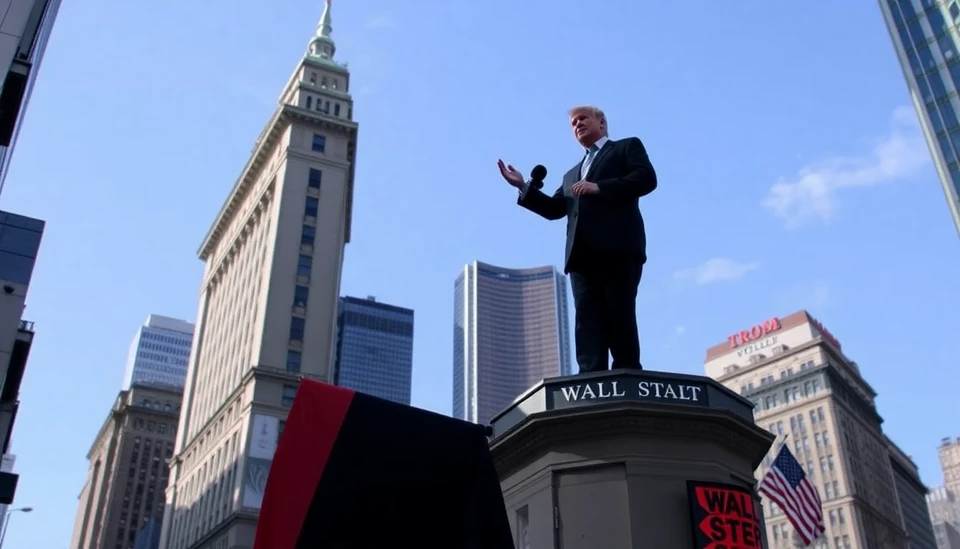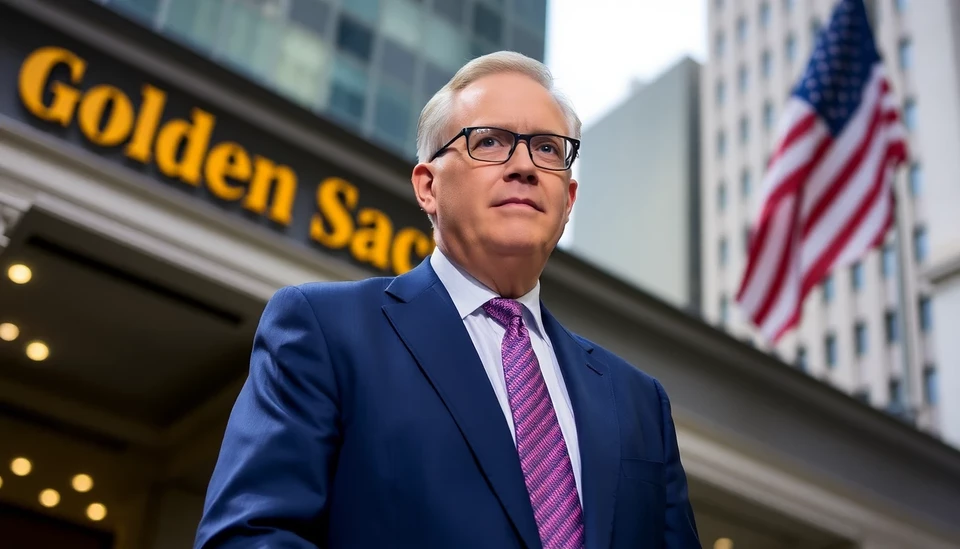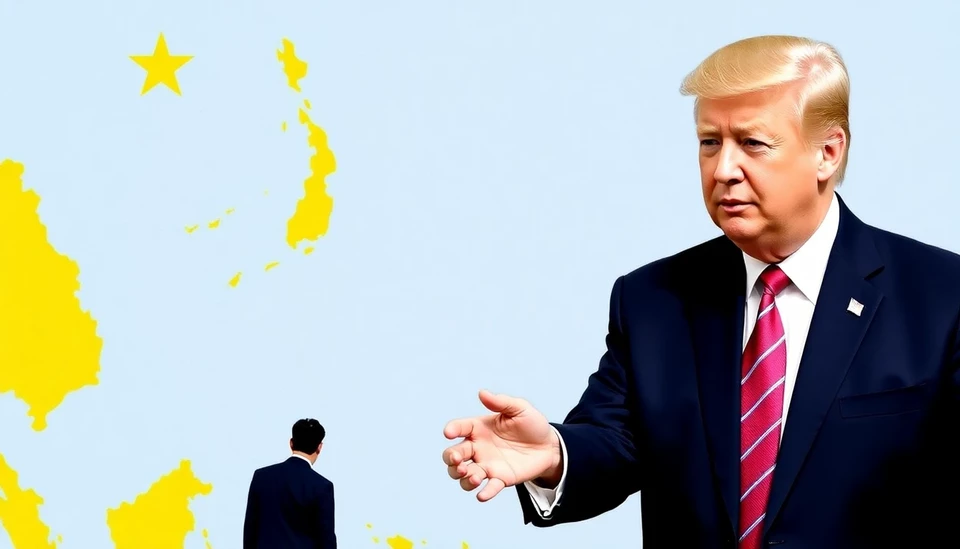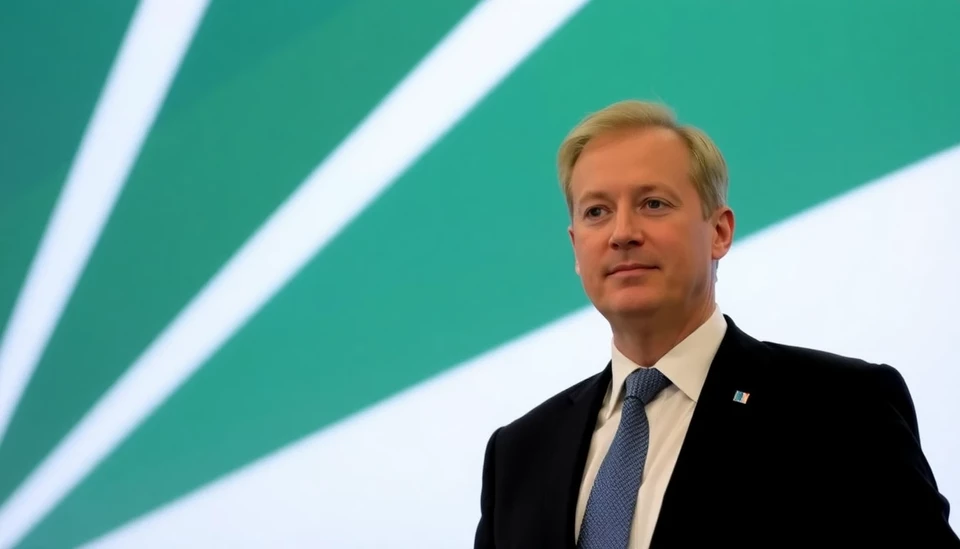
In a bold move that has captured the attention of Wall Street and Washington alike, a prominent CEO is positioning himself as the potential architect of Donald Trump’s economic strategy should the former president secure another term in office. This development signals a significant shift in the dynamics of financial leadership as the 2024 election approaches, with implications for both the economy and political landscape in the United States.
As the political landscape grows increasingly polarized, business leaders are feeling the heat to engage more actively in the governmental processes that shape economic policies. The CEO in question, affiliated with one of the nation’s largest and most influential investment firms, has reportedly expressed a desire to join the Trump administration, specifically to spearhead initiatives aimed at stimulating economic growth and revitalizing traditional industries that have struggled in recent years.
Sources close to the CEO indicate that he is not merely riding the coattails of Trump’s brand but is fervently advocating for a set of economic policies that align with the former president’s vision. This includes tax cuts, deregulation, and enhancing domestic manufacturing. This strategic alignment could significantly influence a swath of voters who prioritize economic reform and job creation.
Despite the controversies surrounding Trump, including legal challenges and criticisms over past economic policies, many on Wall Street believe that his approach could resonate with a segment of the electorate that feels neglected by mainstream economic policies under previous administrations. This puts the CEO in a unique position as he prepares to navigate both the corporate world and political arena.
As speculation mounts about his potential role, many industry insiders are keenly observing the CEO's public statements and actions for any signs of political ambition. Whether he will throw his hat into the ring as part of the Trump campaign or wait for potential cabinet appointments is still uncertain, but his clear intent to be involved has prompted discussions about his influence on future economic policy decisions.
In an environment where businesses are increasingly held accountable for their political affiliations, this CEO’s decision to align closely with Trump could have ripple effects across the financial sector, as firms reassess their strategies in anticipation of a changing political climate. The implications of these moves will likely extend beyond the elections, as the economy grapples with ongoing challenges including inflation, labor shortages, and supply chain disruptions.
Moreover, as this development unfolds, it is crucial to monitor how public perception of both the CEO and Trump evolves in response to their potential partnership. Voter sentiment, particularly among the working class and traditional Republican base, will be pivotal in determining the success of any proposed economic reforms they may advocate.
As the 2024 election cycle heats up, the intersection between business leadership and political ambition will remain a critical focal point, with ramifications that could redefine economic policy directions in the coming years. The story of this Wall Street CEO and his aspirations continues to develop, promising to keep analysts and voters alike engaged in the ever-evolving narrative of American politics and economics.
#Trump2024 #WallStreet #Economy #PoliticalLeadership #BusinessAndPolitics #EconomicReform #Finance #CEO #TrumpAdministration
Author: Samuel Brooks




